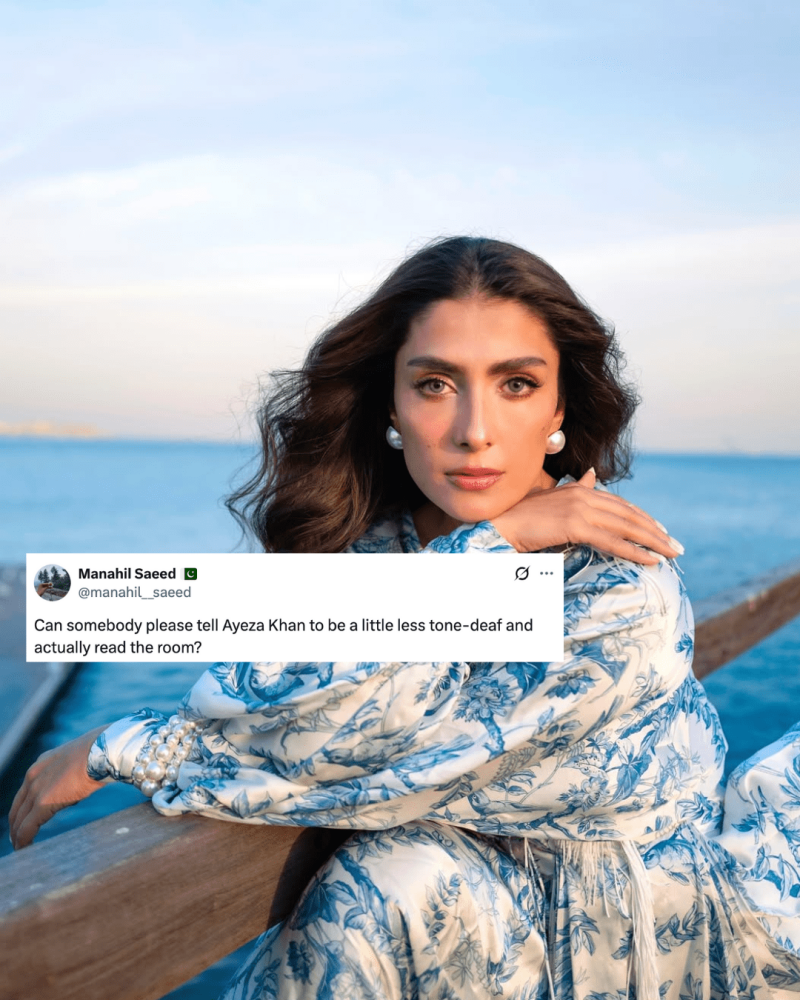This Pakistani organisation is launching a course to educate young girls on menstrual health
PCOS Helps, a Pakistani organisation working to educate people about Polycystic Ovarian Syndrome, is launching a free online course for girls between the ages of 10 and 18 to educate them about menstruation.
The course, titled Know Your Body: A Girl’s Guide to Growing Up Healthy, starts June 25 and is structured into four interactive modules, offering a safe and inclusive space for young women to learn about their bodies from certified professionals from fields of medicine, nutrition, psychology and human rights. It aims to dismantle stigma, promote self confidence, and equip participants with tools to navigate adolescence with dignity.
The participants will gain essential knowledge about menstrual health, nutrition, mental well-being and bodily autonomy.
“This course is designed to give girls the information many of us wish we had growing up,” said the organisation’s founder and human rights activist, Iqra Parveen Awan.
“From your first period to body image, peer pressure, or knowing your rights — this space is about being informed and supported.”
Each module will be online and span an hour and a half. The first module will discuss menstrual health with Dr Rabia Hashmi, an assistant professor from Fatima Jinnah Medical University. The second will focus on nutrition for the body with clinical dietitian Samar Jawed. The third will be conducted by psychologist and art therapist Rakia Raza and discuss emotional health and eating disorders. The last module, by Awan herself, will be on rights, confidence and moving forward. The course will include quizzes, interactive activities, and expert guidance during every session.
The course will be conducted bilingually, in both English and Urdu, with a preference for the latter to help girls learn and understand better.
In a conversation with Images, Awan said it was important to hold this course because menstruation is a natural process but there are stigmas associated with it that cause confusion in young minds about their bodily changes that not only cause a loss in confidence but also hinder daily activities.
“This course and awareness relating to menstruation and growing body changes are essential for young girls to adopt the body changes in a healthy way without losing their childhood or themselves to myths or misconceptions,” she explained.
Awan said young women and girls were often completely unaware about menstruation and bodily changes because the topic was taboo and the only source of information was mothers — who could be uncomfortable talking about it — or other young women who were equally unaware and spread myths about menstruation.
“A very prevalent myth is that showering or bathing during periods can cause diseases or even infertility. This myth is still being circulated and believed in many areas of Pakistan. A number of misconceptions relating to menstrual products are also common, creating a state of confusion and misinformation.”
The best time to educate young girls on this is when they are around 10 or 11 years old, since that’s when most young girls get their periods. By educating them with age-appropriate information, they are able to learn and prepare before they hit puberty, without thinking of it as a burden.
“Young girls, completely unaware of these processes, tend to build a kind of resentment towards this natural process and even their bodies as well, so preparation beforehand is needed,” Awan said.
Talking about PCOS, the condition her organisation predominantly focuses on, Awan discussed the importance of talking about PCOS and signs to keep an eye out for, explaining that menstrual irregularities were the most common symptom.
“I believe talking about healthy and unhealthy menstrual cycles is the key to early diagnosis, treatment and management. Young girls who are completely unaware of the problem that comes with menstrual irregularities waste a lot of time in negligence and not seeking help, which leads to aggravated symptoms, causing more distress.”
Awan said that PCOS Helps advocates for the inclusion of women’s health and hygiene as a mandatory course in the educational curriculum to help them learn about PCOS, aid in early diagnosis, treatment and management.
“Making this course mandatory for all genders and not keeping it particularly for girls will help us curb the cases of domestic violence relating to infertility as well. That’s why I believe that PCOS is not a health issue in Pakistan; it is a human rights issue and should be taken as one.”
The registration deadline for the course is June 18, and those interested can register here.















Comments